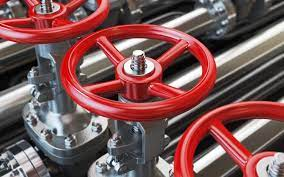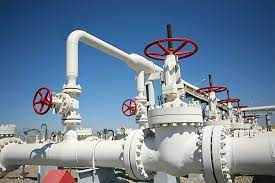Valves are used to open and close or obstruct the flow of liquids or gases in industrial fluid systems. They are available in a variety of configurations and sizes for different uses, and can be automated or manually operated. Some are designed to activate automatically in certain events like a check valve or relief valve. Choosing the right valves for the job will ensure that the system operates properly and efficiently. When you need Industrial Valves, visit Industrial Valves Orseal
The most common type of valve in industry is a ball valve, with other popular models including gate, globe, and butterfly valves. Each of these is configured for various applications with the choice of a manual, pneumatic, hydraulic, or electrical actuator dependent on the process to be controlled.
While valve mechanisms vary, all industrial valves are built from the same fundamental components. This includes a stem with a threaded or moulded end, a yoke to connect the body to the actuator, and a nut that secures the yoke yoke. Depending on the application, some valves may require a gland follower or packing to provide a seal between the internal and external parts of the valve.
A valve’s material will play a major role in its functionality. A selection of metallic and nonmetallic options is available, each with its own benefits and drawbacks. Carbon steel, for example, is cheap and can handle high temperatures, but is not suited for corrosive environments. Stainless steel is a strong, corrosion-resistant material that costs more but offers greater longevity than carbon steel. For some very harsh environments, special alloys are developed to provide even greater durability and strength.
Valve selection is also impacted by environmental conditions, such as temperature and pressure. A high ambient heat can cause metals to expand and erode over time, while elevated pressure can lower the strength of valve shells. A valve’s ability to withstand these conditions will have a significant impact on its life expectancy and the cost of maintenance.
A good supplier can help you choose the correct valve for your needs by analysing your project requirements, selecting appropriate materials, and helping you find a suitable actuator. Look for a manufacturer with experience, a robust product portfolio, smart professionals, fast & flexible delivery, and a track record of satisfied customers. When you partner with a trusted and reliable supplier, you can rest assured that you will receive the highest quality industrial valves for your unique application.

